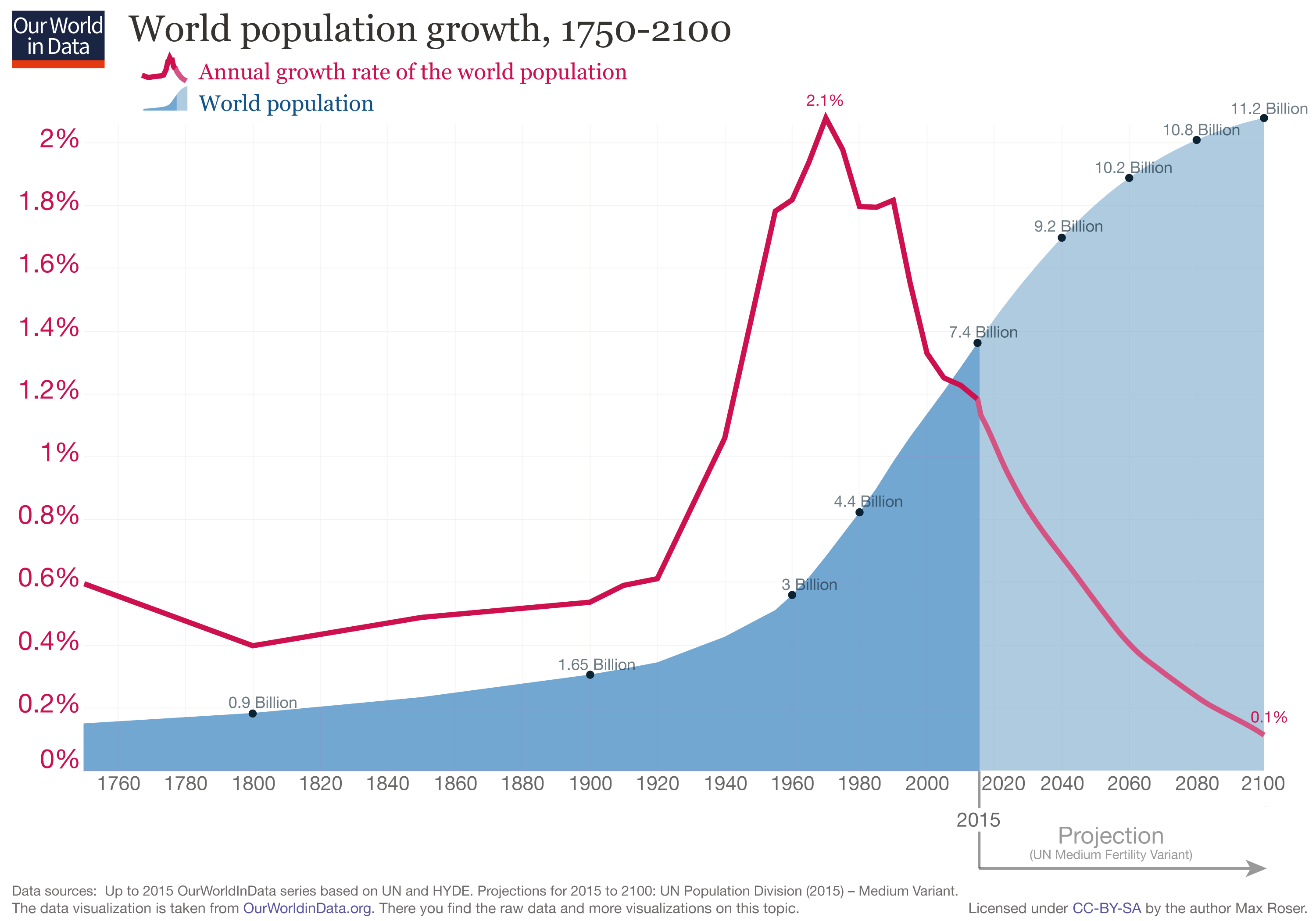
treating warfare as a science rather
than as a threat--some people became uncomfortable with this
That kind of modeling was then applied
to other vulnerabilities such as population growth
back to the theories of Malthus about how population growth
would inevitably outstrip resources
As the population becomes more
dependent on technology it is more vulnerable to wartime
attacks on infrastructure
much science fiction about what would happen after a nuclear
war
Barry Commoner in a 1964 report: the US should pay more attention to the
potentially negative consequences of large-scale projects
To have long term effects,
environmental warfare would need to use places where earth
systems were already unstable
Jaques Ellul: how far should we go with
technological mastery over nature?
Rachel Carson also focused on the
vulnerability of the earth
1968 Paul Elrlich: The Population Bomb
John Maddox was an example of a
scientist who argued against environmental vulnerabilty--the
ecological crisis was not a doomsday scenario
1972 publication of The Limits to Growth by the Club of Rome--an informal organization of scholars, businessmen and civil servants. Predicted that we were going to run out of most resources in the next 50 years or so--20 years for petroleum.